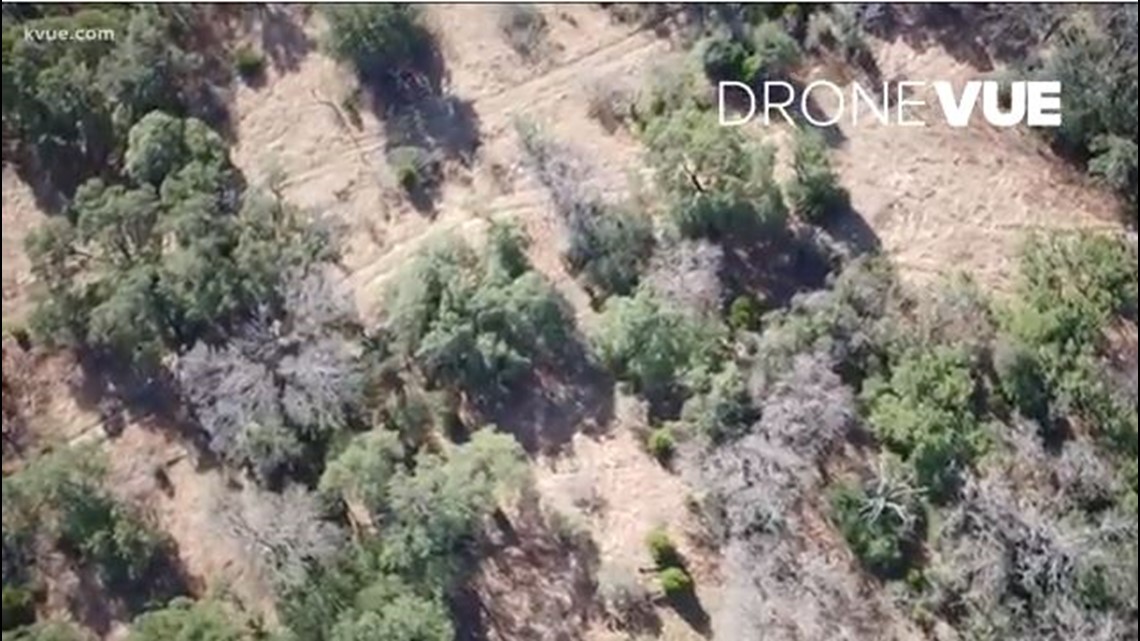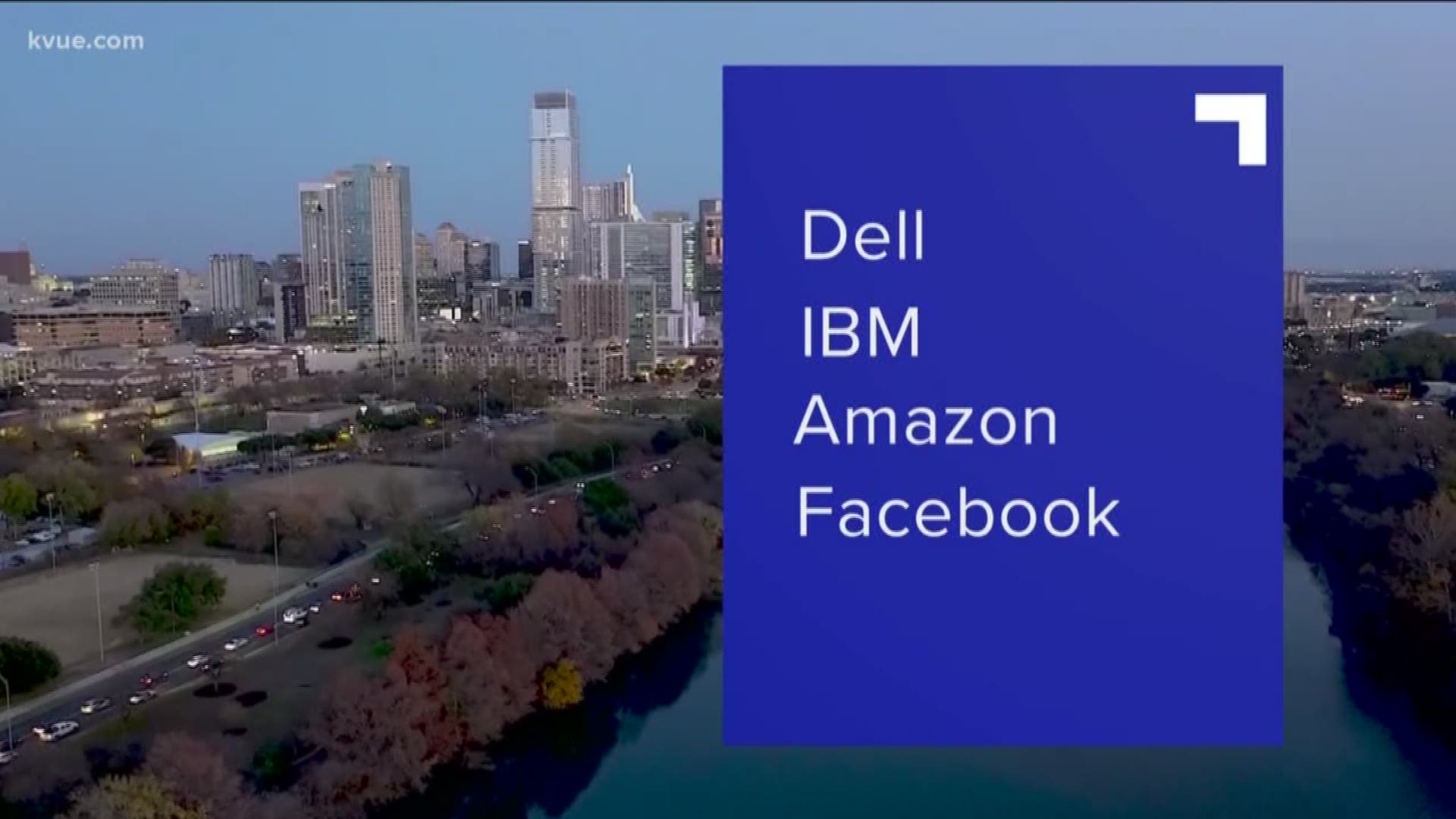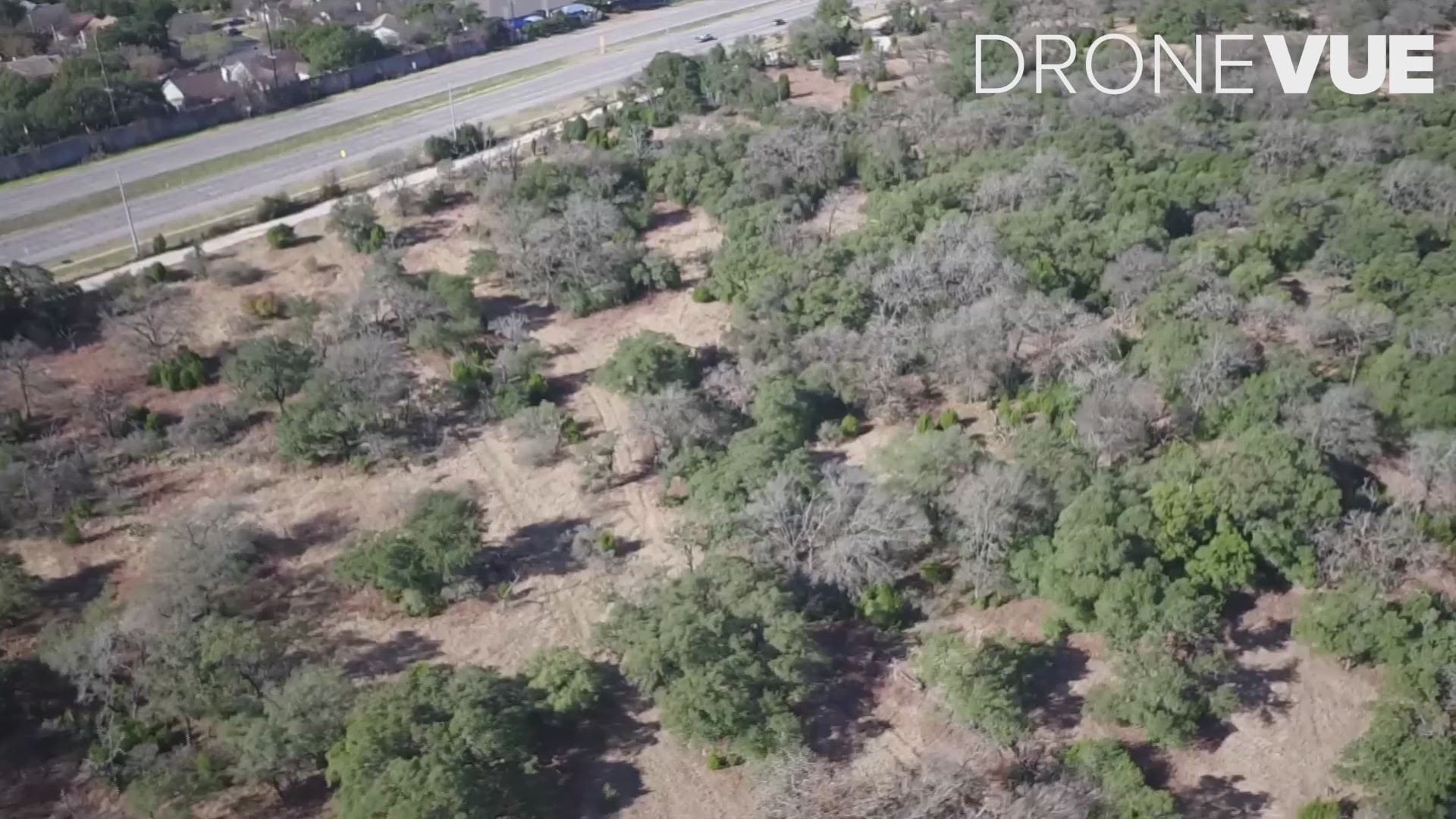AUSTIN — Within the next few years, this piece of land in Williamson County will slowly transform into Apple's new billion-dollar campus. And once it's built, it'll bring thousands of new jobs with it.


Some believe the company's decision to expand in Austin indicates the city's reputation as a prospering tech hub keeps growing. UT professor Dr. John Sibley Butler said Thursday's news doesn't surprise him.
RELATED:
"It's about talent. It's about know-how. It's about science. And Austin is a gorgeous city," Butler, who also serves as the director of the Jon Brumley Texas Venture Labs at UT, told KVUE.
Since moving to Austin in 1974, Butler has seen the impact tech companies like Apple have made in the capital city.
"Why do we continue to thrive in Austin? Because everybody wants to be here," he said. "That draw has to do with smart people, the educational level of people, understanding how new ideas and new technologies change the world."
Apple already has a big share of this workforce, with a little more than 6,000 employees at its campus off of Parmer Lane in North Austin.
VIDEO: Drone video of where the new Apple campus will be in Austin
Its new campus, which will be built just north of Parmer Lane and McNeil Drive, is expected to add thousands more.
"The great thing about Austin is our graduates do not have to leave town anymore, which was not true when I got here," Butler said.
Not everyone is excited about Apple's expansion. According a poll during KVUE's 5 p.m. newscast Thursday, 43 percent of the voters said their biggest concern was traffic, over housing, affordability, and an influx of Californians. Butler understands that with growth comes challenges.
"The point is, I tell people, 'OK, we have a lot of traffic.' We had no traffic in the '70s 'cause there was nowhere to go," he said.
Still, he believes Austin proves to be the perfect environment for new science and technology.
"If we make great choices about the importance of innovation, the importance of entrepreneurship, supporting things that create new scientific endeavors," Butler said, "then Austin will be fine."


